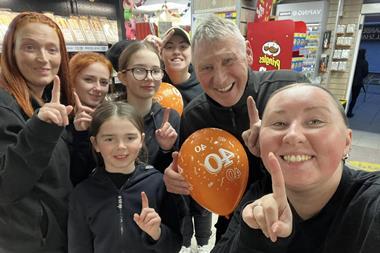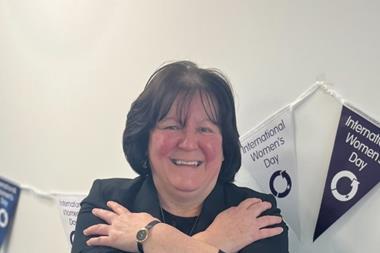International Women’s Day: Time to get rid of the boys’ club?

International Women’s Day is a day to celebrate the social and economic achievements of women, but it is also a day to raise awareness of discrimination and bias, which unfortunately still exist in convenience retail
ALREADY HAVE A REGISTERED USER ACCOUNT? PLEASE LOG IN HERE
To read the full story join the ConvenienceStore.co.uk community today!
Registration is quick and easy and provides access to:
- Unlimited ConvenienceStore.co.uk articles
- Our great range of newsletters
- Content you’ve saved for later via the ‘my library’ feature
And much more…































